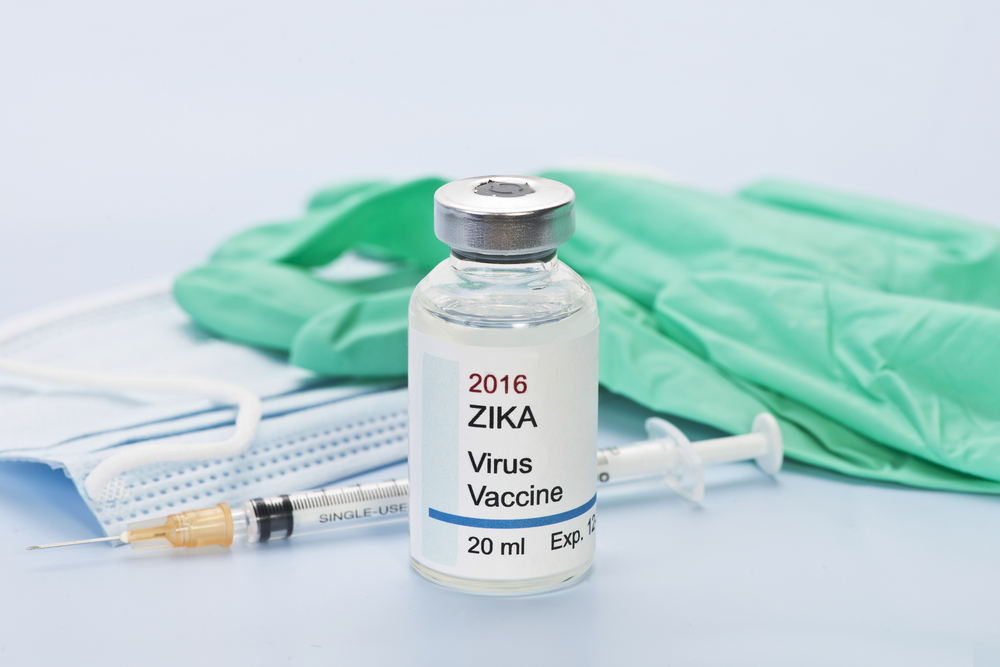
The National Institute of Allergy and Infectious Diseases (NIAID), an organization under the direction of the National Institutes of Health (NIH), recently began its Phase 2/2b VRC 705 clinical trial, testing an experimental DNA vaccine designed to protect against Zika virus infection.
Zika virus is part of the flavivirus family of viruses and is typically transmitted by the Aedes aegpyti species mosquito and sexual contact. Symptoms in most cases involve joint pain, fever, rash, and headaches. More severely, the virus has been linked to microcephaly of the fetus in pregnant women and Guillain-Barré syndrome.
NIAID’s study seeks to enroll at least 2,490 healthy participants in areas that have active Zika transmission, including the United States, Peru, Brazil, Costa Rica, Panama, and Mexico. The trial will examine the vaccine’s safety and ability to stimulate an immune response in its participants, along with evaluating the best dose for administration.
“A safe and effective Zika vaccine is urgently needed to prevent the often-devastating birth defects that can result from Zika virus infection during pregnancy. Evidence also is accumulating that Zika can cause a variety of health problems in adults as well,” NIAID Director Dr. Anthony S. Fauci said. “This trial marks a significant milestone in our efforts to develop countermeasures for a pandemic in progress.”
NIAID said its Zika vaccine development platform is based on a similar strategy used to develop a West Nile vaccine candidate.
The trial, which is split into parts A and B, will first build on ongoing Phase 1 trials to evaluate the candidate’s ability to stimulate immune response and determine the optimal dose of administration, while the second phase will enroll the needed participants and determine if the vaccine can effectively protect against Zika-related disease. Part B participants will be followed for approximately two years for full vaccine evaluations.

